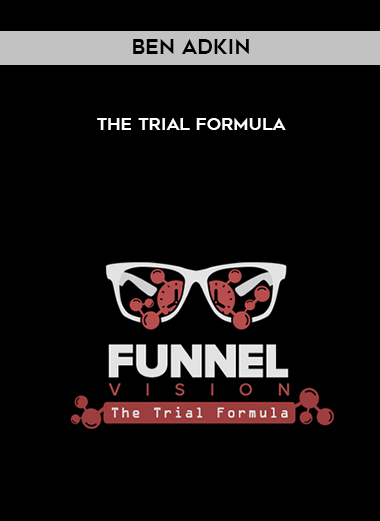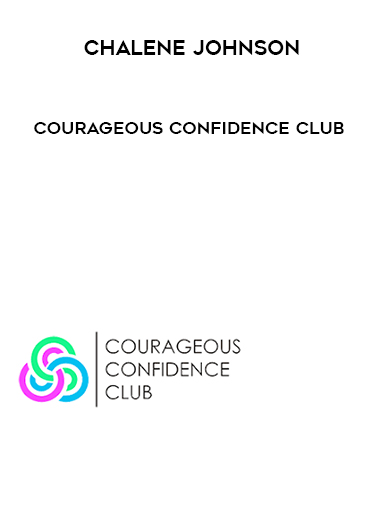Contextual Hypnotherapy – Evidenced Based Approaches
Archive : Contextual Hypnotherapy – Evidenced Based Approaches
COURSE DESCRIPTION
I recall the first hour of the Contextual Hypnotherapy lesson on the first day. The kids were enraged at the first break! I had just disregarded almost every hypnosis technique they had learned, from regression to parts therapy.
They were very enraged.
They gave the course amazing ratings towards the end of the 40-hour course, with many stating it revolutionized everything they had ever considered about helping themselves and others. They learnt new skills and approaches not covered in previous classes, as well as an evidence-based approach to change.
This course is hands-on, contentious, and will push your techniques to new heights.
This course provides a comprehensive overview of current research on outcome-based psychotherapeutic theory and methodology. It is critical that hypnotists employ proven intervention strategies and focus on incorporating current research and change approaches into hypnotic procedures. This course will cover psychological theory as well as ways for implementing evidence-based therapy protocols to increase intervention outcome and response.
This course will concentrate on building a fundamental grasp of contextual psychology and its integration into a systematic hypnotherapy approach.
Another highlight was a real-life session I led for the class with a genuine customer. He was the most difficult client I’d ever dealt with, and the session did not proceed as anticipated. It was a calamity.
I opted not to cut the course and instead included the entire two-session demonstration so you could see exactly how to deal with a tough client and a less-than-successful hypnosis session. These sessions will take place, and unlike other programs, you will be able to learn from my failures. Of sure, there will be examples of “perfect” sessions.
OBJECTIVES AND GOALS
The professional hypnotist will be able to: at the end of this training,
Create hypnotic inductions that go beyond just “inducing a state of hypnosis” to inductions that are part of the therapeutic process in and of themselves.
Explain current psychological theory in relation to Mindfulness-Based Stress Reduction (MBSR), ACT Therapy, Solution-Focused Brief Therapy (SFBT), Dialectical Behavioral Therapy (DBT), Cognitive Behavioral Therapy (CBT), and other therapy modalities that have been shown to be effective in clinical studies.
Create hypnotic ways for incorporating the key ideas of contextual psychology into hypnotherapy.
Demonstrate suggested therapeutic strategies based on evidence-based treatment regimens.
During interventions and script composition, use essential components of contextual psychology and evidence-based therapeutic protocols.
Assess the efficacy of hypnotherapy therapies with individual clients.
TEXT REQUIRED
Steven C. Hayes’ Get Out of Your Mind and Into Your Life: The New Acceptance and Commitment Therapy (to be purchased seperately)
Michael D. Yapko’s Mindfulness and Hypnosis: The Power of Suggestion to Transform Experience (to be purchased seperately)
LECTURES Each week, a new portfolio of video lectures will be released. Each week, you will be given links to access the lectures. Live class discussions will concentrate on clarifying the week’s reading and lecture topics, so plan your lecture viewing accordingly.
TOPICS FOR CLASS LECTURES
Contextual Hypnotherapy: An Overview
Outcome-Based Treatment Key Concepts Mindfulness-Based Stress Reduction Acceptance and Commitment Therapy
Dialectical Behavior Therapy (DBT)
Solution-Focused Brief Therapy (SFBT)
The Strategic Model of Therapy and Jay Haley
Cognitive Hypnotherapy in a Hurry
CLASS DISCUSSIONS ONLINE
Once a week, the class will meet for one hour in the “HPTI webconferencing room” via internet. Every Monday at 7:00 p.m. PDT.
If there are less than 5 students enrolled in the course, it will immediately switch to an independent study course with no live online class discussions. All queries regarding reading and lecture material, as well as assignments and assessments, shall be addressed through the class discussion forum, email, or other contact channels specified by the class instructor***.
CREDIT FOR THE COURSE
At the end of the course, there will be quizzes, projects, and a thorough test, and participants who pass these will be issued a certificate of competence in the field of study.















Reviews
There are no reviews yet.